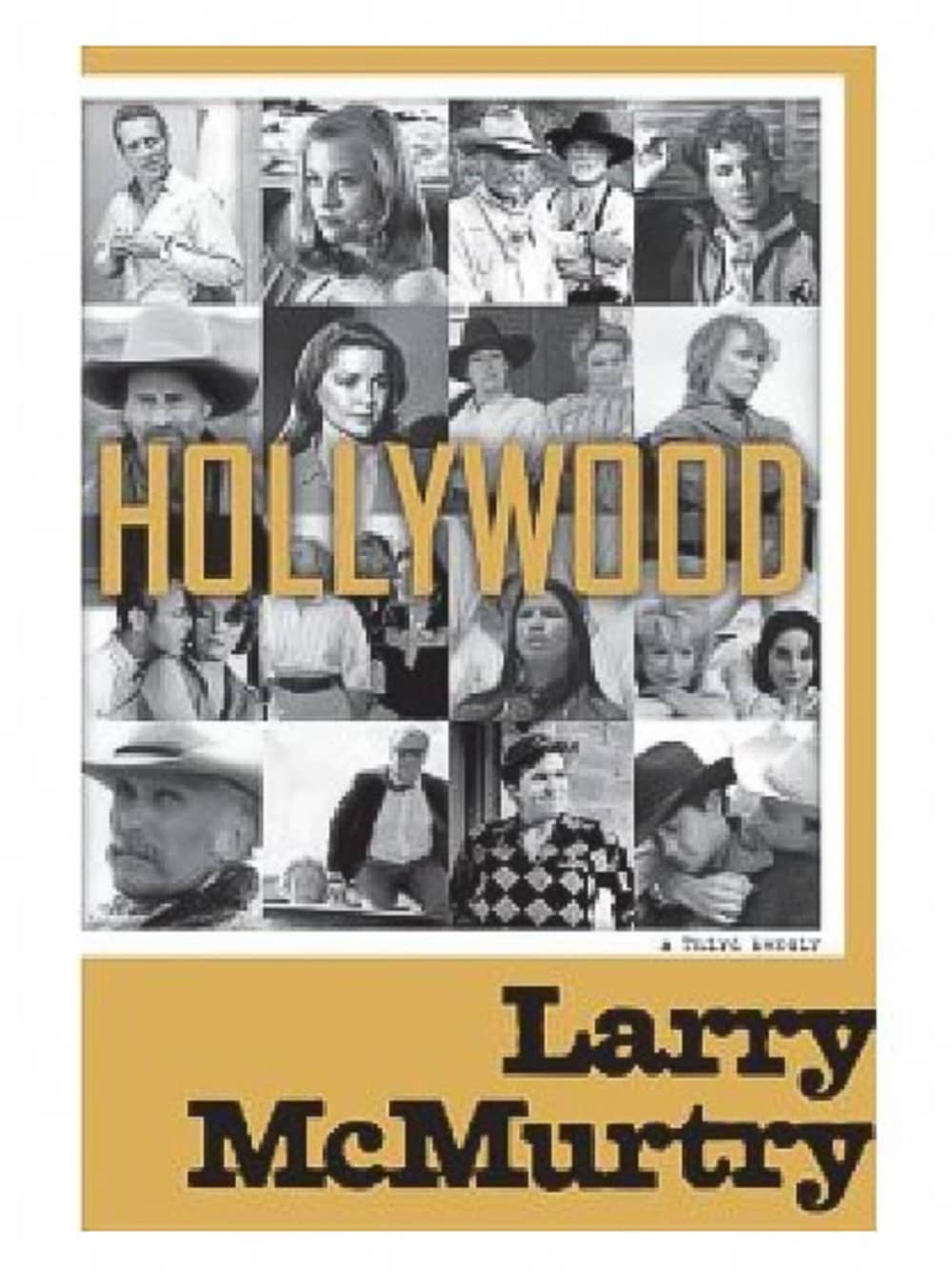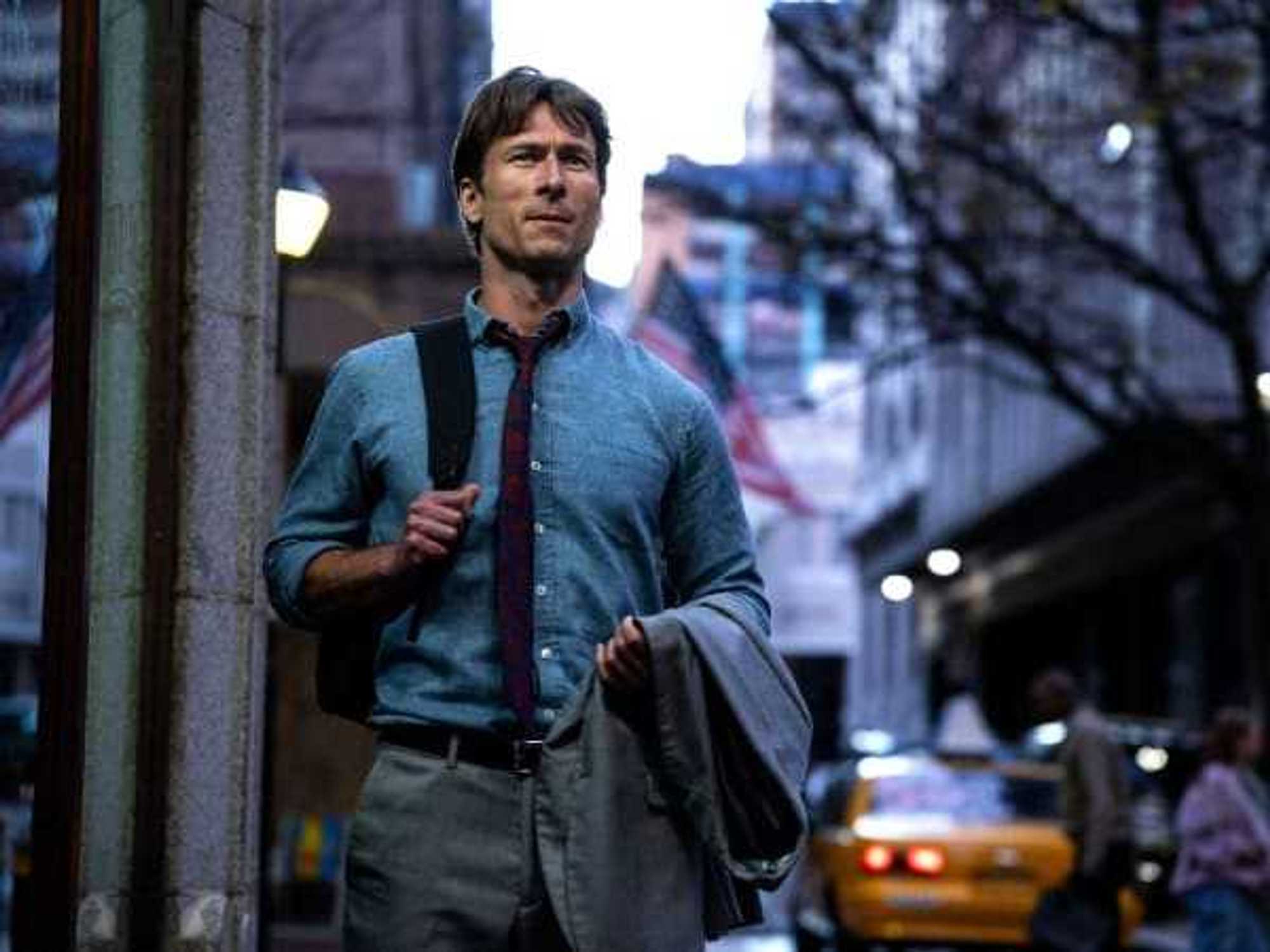Booking It
Larry McMurtry goes Hollywood in third memoir, writes of Babs' intensity andClooney's flightiness

 Larry McMurtryNorrisPatrick.com
Larry McMurtryNorrisPatrick.com Shirley MacLaine
Shirley MacLaine Jack NicholsonPhoto by Matt Sayles/AP
Jack NicholsonPhoto by Matt Sayles/AP Cybill Shepherd
Cybill Shepherd Barbra Streisand
Barbra Streisand Sam ShephardPhoto by Wim Wenders for Sony Pictures Entertainment Inc.
Sam ShephardPhoto by Wim Wenders for Sony Pictures Entertainment Inc. Diane Keaton
Diane Keaton
“I liked Hollywood from the moment I first visited it,” Pulitzer Prize-winning novelist Larry McMurtry writes in Hollywood: A Third Memoir, “and I like it still.”
It takes an author with a healthy ego and a lot to say to write three memoirs in three years, but if anyone can pull it off, this prolific Texas writer can. McMurtry’s first one, Books, published in 2008, covered his career as a bookseller; his second, Literary Life, came out a year later and focused on the writing of his more than 40 books.
This new memoir is about his longtime love affair with Hollywood, where he has spent a lot of time both as a screenwriter and consultant on numerous films based on his books, including Lonesome Dove, Terms of Endearment and Hud. It’s an entertaining, behind-the-scenes look at how movies really get made. And it’s full of amusing short takes about everybody from Jack Nicholson and Cybill Shepherd to Sam Botts, one of several imposters claiming to be McMurtry following the huge popularity of Lonesome Dove.
What people “mainly want to know,” he writes, is what Diane Keaton or Cybill Shepherd is like. It’s normal to be curious about them “but they’re not going to learn anything from me.”
He does reveal that Keaton, whom he calls “incandescently lovely,” worked with him on a screenplay of his novel Somebody’s Darling, although “nothing cinematic came of this except a great friendship.” He likes working with “beautiful, smart women,” he writes, starting with Marcia Carter, his longtime partner in his rare book business. He has also written scripts with Goldie Hawn and Cybill Shepherd, and once sat in a car holding hands with Shepherd on the set of The Last Picture Show.
Shepherd, the film’s sexy star, was “feeling shaky,” explains McMurtry, perhaps because she was about to contribute to the breakup of director Peter Bogdanovich’s marriage.
His most successful writing partnership is with Diana Ossana, with whom he shared an Oscar for their screenplay of Brokeback Mountain, the story of two gay ranch hands who fall in love. Ossana has provided McMurtry with what he calls “the sense of structure I simply don’t have. I work harder at screenwriting than I do at fiction. Fiction comes to me easily, and scripts don’t.”
One of the most gossipy stories in the book involves the filming of Terms of Endearment, a longtime favorite novel of McMurtry’s and which he calls “my most mature fiction.” Jennifer Jones staged a dinner for him at one of her two houses in Malibu, “mainly to convince me what a wonderful Aurora she would be,” he writes. But when her good friend Cary Grant turned down the male role, producers lost interest in the film.
It wasn’t until Jack Nicholson made a last-minute decision to take the role and Shirley MacLaine signed on as Aurora that the film was finally made. It won several Oscars, including one for MacLaine’s acting and one for Best Picture.
McMurtry hobnobbed with a lot of other Hollywood biggies, including Barbra Streisand, with whom he once played tennis and who was so intense that he repeatedly vomited after the match, and Warren Beatty, who invited McMurtry to dinner to discuss a never-made script about evangelist Billy Sunday. .
McMurtry is not “proprietary” about his books, he writes, though many authors are. He just hopes the films will be good, which has been true in his case, and while he doesn’t reveal how much money he’s made, he gives a clue. He was an active scriptwriter in the mid-to-late 1980s, he says, because he placed himself at the “low end of the market. I’d ask for a simple $250,000 and get it easily. I would do the traditional two drafts and a polish and trot right along to the next job.”
But he’s philosophical about his efforts in what he calls “the world of sham and hype,” as when he writes about his and Ossana’s attempts to find someone interested in their script of Pretty Boy Floyd. Producer Jerry Weintraub optioned the script, and suggested that his good friend George Clooney should direct it. But that was years ago
Ossana kept running into Clooney “all over the Christian world,” McMurtry writes, but Clooney didn’t seem to be “bursting with enthusiasm where Pretty Boy was concerned.”
Meanwhile, the script languishes in the Warners vaults, along with another of the author’s script, “but there’s still the chance that some powerful hand will lift them out.”
McMurtry has worked on some 70 projects in Hollywood, and now, in his middle 70s, is still pecking out screenplays. He thinks he keeps getting jobs because he can create characters that major actors might want to play. (In Literary Life, his second memoir, he wrote that the one gift that led him to a career in fiction was “the ability to make up characters that readers connect with.”)
He’s also continuing to write books, of course, though they seem to get smaller and smaller. This one is only 146 pages, and the shortest chapter has only three sentences. Some readers have begun to complain about his short chapters, but he’s “old,” he says, “and there are many subjects about which I have something to say — just not much.”
But there’s no better storyteller around than McMurtry, and good writing always depends on storytelling, as he proves once again in this compulsively readable book.
